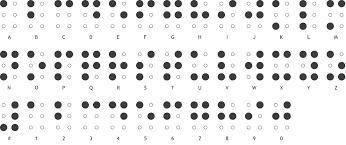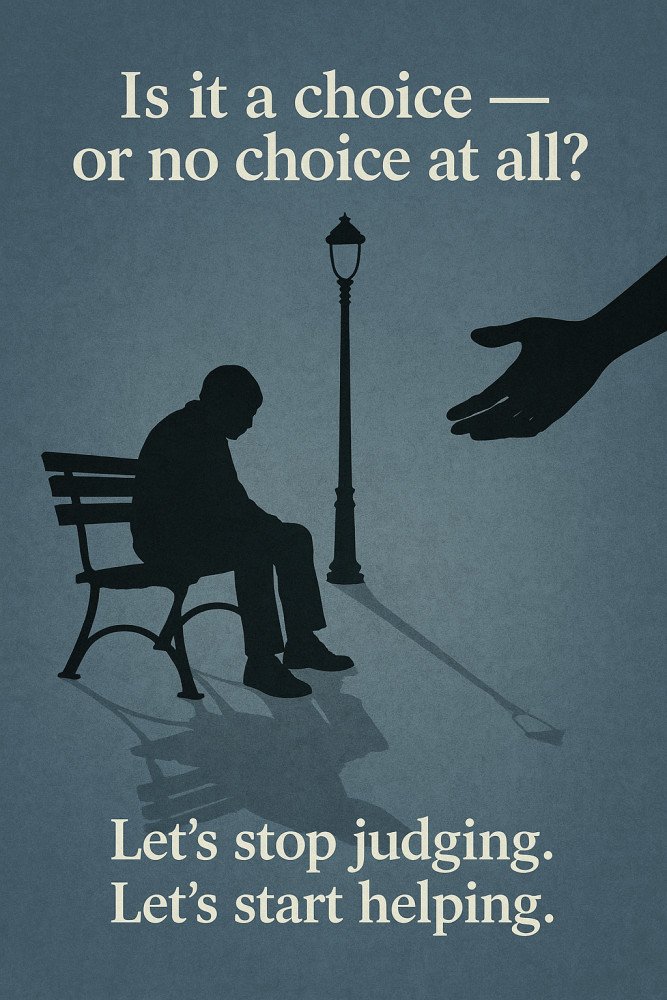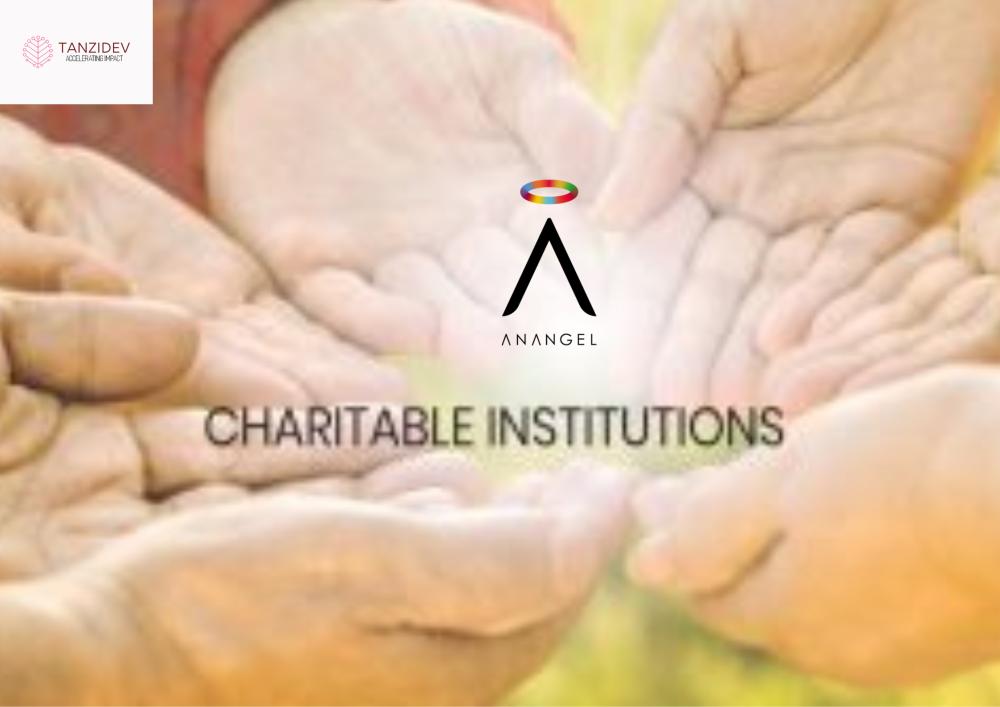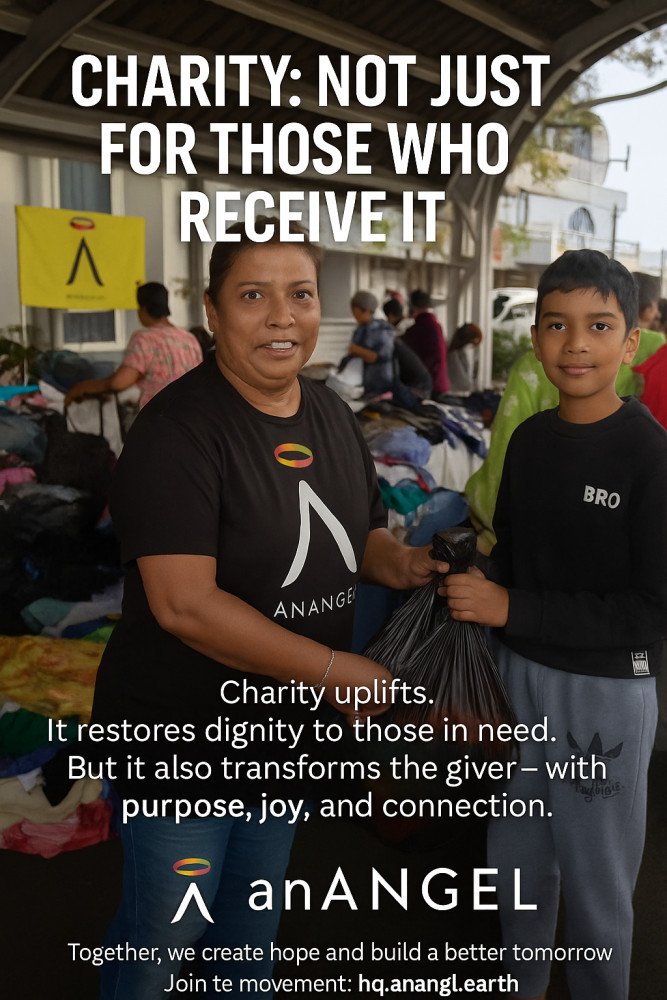

Is It a Choice — or No Choice at All?
The Harsh Reality of Street People (SDF) in Mauritius
Is living on the streets a choice — or the result of having no choice at all?
Every day in Mauritius, hundreds of people sleep under bus shelters, in abandoned buildings, or along the pavements of Port Louis.
We call them SDF — Sans Domicile Fixe, people without a home.
But behind every face, there is a story — not of laziness or failure, but of loss, trauma, and survival.
⚠️ The Numbers Tell a Different Story
Authorities estimate there are around 130 people living on the streets of Port Louis.
But NGOs working daily on the ground — such as Hands of Mercy, Solidarité Nouvel Espoir, and others — report the real number is closer to 350 people.
That’s three times higher than the official figure.
And if we include those living in temporary shelters, abandoned houses, or sleeping on friends’ verandas, the figure would be far greater.
This is not just a statistic — it’s a social emergency, a reflection of how many lives are quietly falling through the cracks.
💔 Why Do People End Up on the Streets?
No one chooses to sleep on cold concrete, without food, safety, or dignity.
People end up on the streets because of circumstances beyond their control:
-
Family conflicts or domestic violence, leaving people with nowhere to go.
-
Job loss, debt, and eviction, forcing people into homelessness.
-
Mental health struggles and addiction, often untreated and stigmatized.
-
Broken relationships or loss of family ties, leading to isolation.
-
Lack of affordable housing and insufficient social support.
-
Fear or mistrust of shelters due to trauma or negative past experiences.
Each story is unique, but the outcome is the same — a life on the edge, unseen and unheard.
🧠 A Social Problem We Don’t Talk About Enough
We talk about poverty, education, and employment.
But homelessness remains one of the least discussed realities in Mauritius.
It’s uncomfortable. It’s visible. And yet — we often look away.
Every SDF is a reminder of how fragile life can be.
One illness, one job loss, one broken home — and anyone could be in their place.
The line between “us” and “them” is thinner than we think.
📉 Why This Is Alarming
When hundreds of people live on the streets in a small island nation, it’s not just their problem — it’s ours.
It reflects the gaps in our mental health system, the shortage of affordable housing, and the failure of social reintegration mechanisms.
It also reveals something deeper — a loss of empathy.
Because when people start sleeping on the streets and society stops noticing, it means compassion is fading.
💬 What Can Be Done
Homelessness is not an unsolvable issue. It can be addressed — if we work together:
-
Recognize the problem and bring it to the national agenda.
-
Support shelters and NGOs already on the field.
-
Create safe transitional housing and mental health support systems.
-
Provide rehabilitation, skills training, and employment opportunities.
-
Encourage corporate CSR partnerships to fund and sustain such initiatives.
-
Educate the public to replace judgment with empathy.
This is not about charity — it’s about human dignity and justice.
❤️ How You Can Help — Through the anAngel Platform
At anAngel, we believe real change begins with community action.
We work with NGOs such as Hands of Mercy, Solidarité Nouvel Espoir, and many others who dedicate their time and hearts to reaching the homeless — bringing food, comfort, and hope.
Through the anAngel platform, citizens, companies, and volunteers can:
✅ Support ongoing street-outreach programs.
✅ Sponsor hygiene kits, meals, and temporary shelters.
✅ Partner with NGOs for rehabilitation or job placement projects.
✅ Track the real impact of their contribution in lives transformed.
Because every act of kindness counts — and together, we can rewrite the story of those living on the edge.
✨ A Final Thought
No one chooses to be homeless.
It happens when society leaves people with no other choice.
If we truly believe in a compassionate and inclusive Mauritius,
then we must choose — not to walk past them — but to walk with them.

